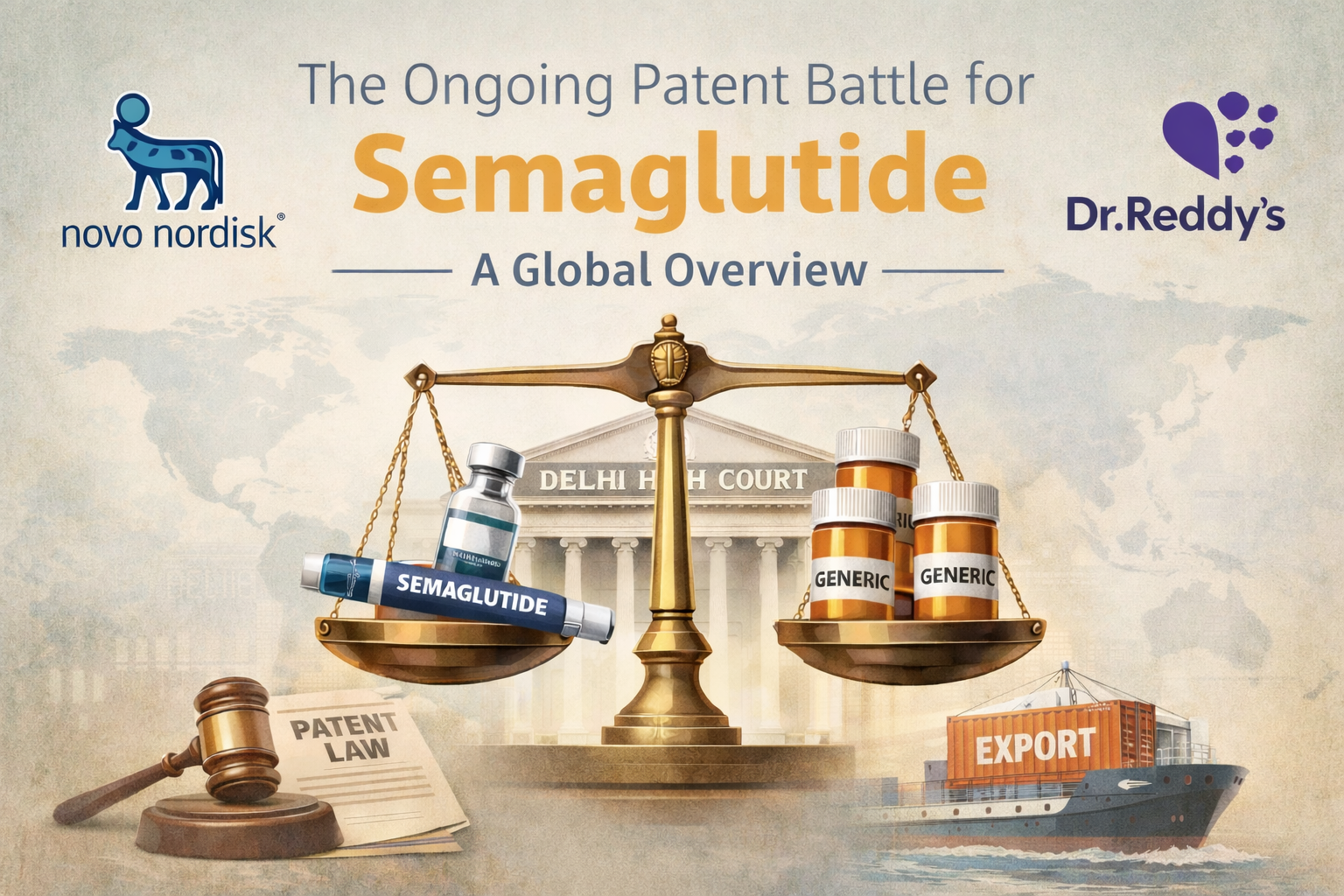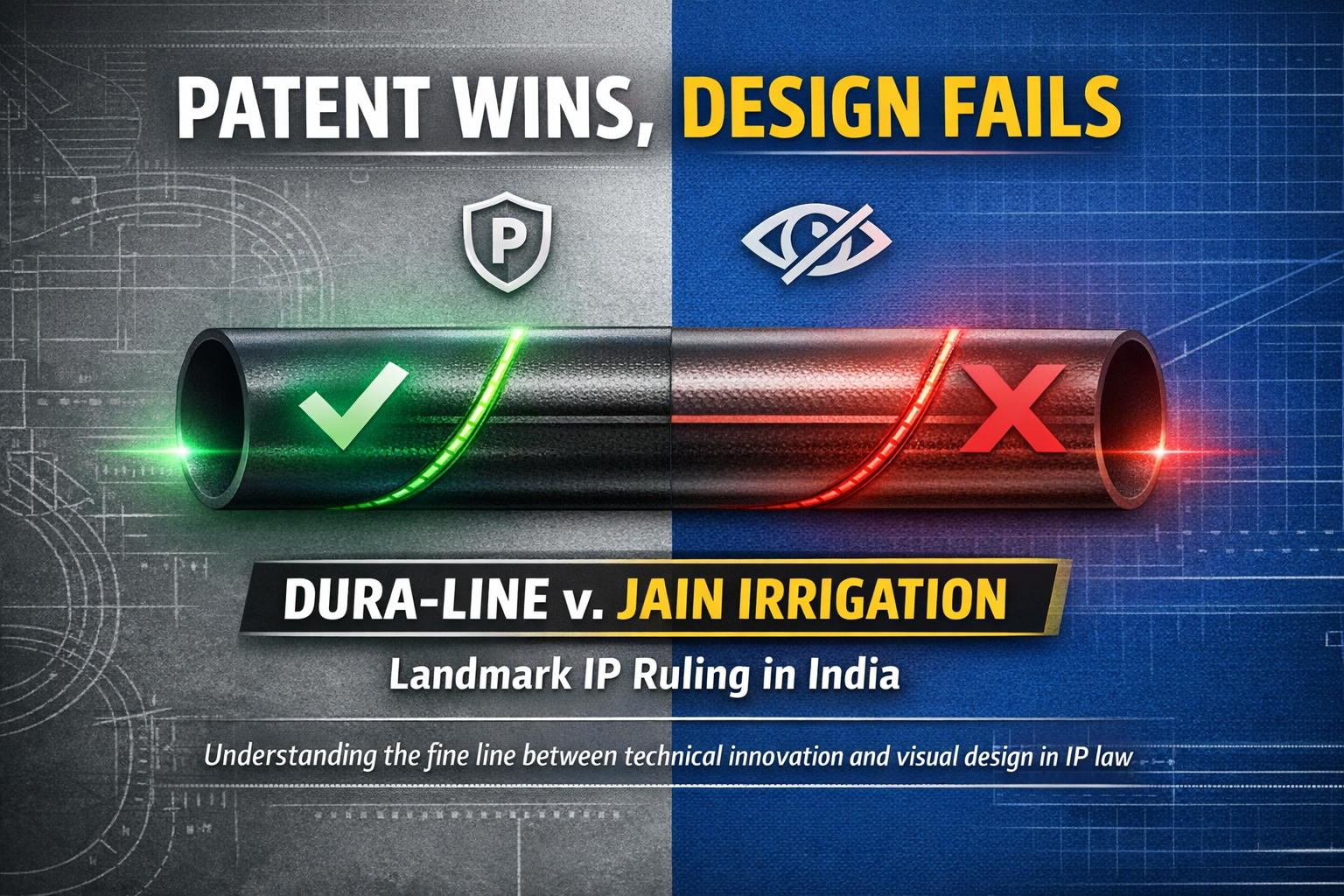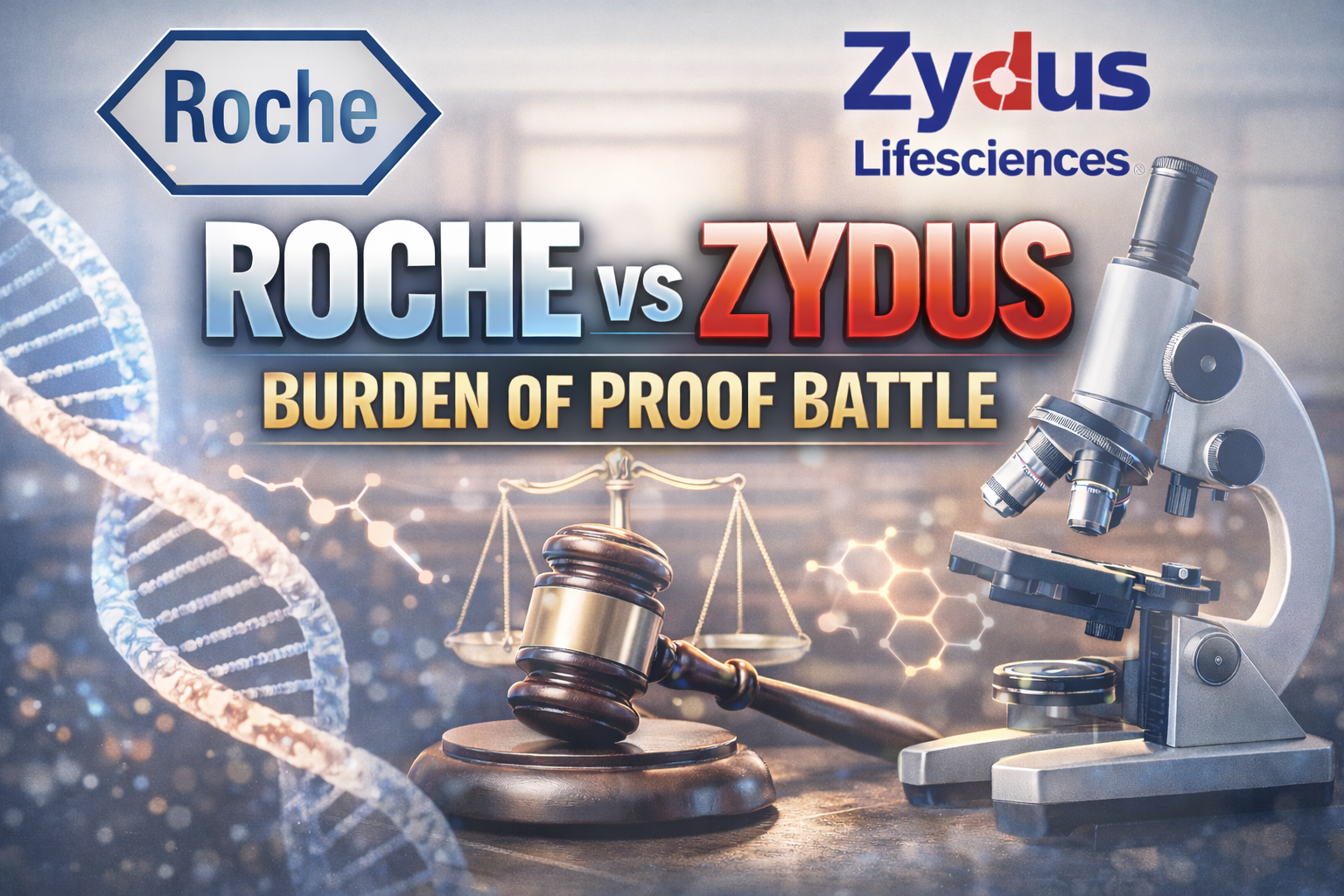
INTRODUCTION
The Copyright Act of 1957 provides various remedies against copyright infringement in India. A Copyright is legal protection that grants the creator of a literary, artistic logo, musical, books, paintings, songs, software, or the exclusive right to publish, sell, or license their creations. This legal shield empowers authors, artists, and other creators to control the reproduction, distribution, and performance of their work, ensuring they can benefit financially and creatively from their intellectual property. When copyright infringement occurs, the rightful owner must be able to prevent further violations and seek appropriate relief, such as injunctions to halt the infringement, monetary damages to compensate for losses, recovery of profits gained by the infringer, or orders to seize and destroy infringing copies. These remedies are essential to safeguard the creator’s rights and ensure that they can reap the benefits of their creative endeavors.
COPYRIGHT INFRINGEMENT OCCURS WHEN SOMEONE EXPLOITS A COPYRIGHTED WORK WITHOUT PERMISSION. IT’S TWO CATEGORIES OF COPYRIGHT:
- PRIMARY INFRINGEMENT: A Primary infringement occurs when someone directly violates a copyright owner’s exclusive rights. This can happen through reproduction, distribution, public performance, public display, or creation of derivative works. Reproduction involves creating identical or substantially similar copies of the work without permission. Distribution refers to distributing copies of the work to the public, whether for sale or free. Public performance entails performing the work publicly without authorization, such as a play or musical performance. Public display involves displaying the work publicly without permission, like showing a movie in a theater.
Examples:
- If a person downloads a copyrighted song from an illegal website and shares it with friends, they are committing primary infringement by reproducing and distributing the song without permission.
- If a restaurant plays copyrighted music without a license, they are committing primary infringement by publicly performing the music without authorization
- SECONDARY INFRINGEMENT: when someone indirectly contributes to, facilitates, or benefits from another person’s infringement. This includes contributory infringement (helping others infringe) and vicarious infringement (benefiting from infringement and having the ability to control it).
EXAMPLE:
- The website itself doesn’t create infringing content, but it provides the platform for users to do so. If the website owners are aware or should be aware that users are uploading copyrighted videos without authorization and does not take any action to prevent it, they may be held responsible for secondary infringement.
Both primary and secondary infringement can result in serious legal consequences, such as damage and injunctions. Therefore, it’s imperative to act responsibly and legally when utilizing copyrighted works.
REMEDIES FOR COPYRIGHT INFRINGEMENT:
When copyright infringement arises, the copyright owner can pursue various remedies to protect their rights and seek compensation for damages. These remedies typically fall into two categories civil and criminal.
WHAT ARE CRIMINAL REMEDIES:
When a person knowingly infringes or aids in the infringement of a copyrighted work, it becomes a criminal offense under the Copyright Act, 1957. This means that the copyright owner can file a criminal lawsuit against the infringer, seeking both punishment and compensation for the damage caused, the criminal remedies are primarily enumerated in Sections 63 to 70 of the Act.
As per section 63 of the Act, the offence of infringement of copyright or other rights conferred by this Act. Any person who knowingly infringes or abets the infringement of the copyright in a work, or any other right conferred by this Act. Punishable with Imprisonment for six months which may have extension up to three years and with Fine which shall not be less than 50,000 but not exceeding 2,00,000. Moreover, if the infringer can prove to the Court that the infringement was not committed for profit in the course of trade or company, the sentence and fine imposed on the infringer may be reduced. If an infringement who has already been punished under Section 63 of the Act commits the same act again, the infringer will be punished for one to three years and fined one to two lakh rupees.
Section 63A of the Act, Enhanced penalty for repeat offenders: If a person is convicted of a second or subsequent time of an offence under Section 63, the punishment shall be imprisonment for a term which shall not be less than one year, but which may extend to three years and with fine which shall not be less than one lakh rupees, but which may extend to five lakh rupees.
As per Section 64 of the Act, the power of police to seize infringing copies: Any police officer, not below the rank of a sub-inspector may if satisfied that an offence under section 63. The Police Officer has the power to seize without warrant, all copies of the work, and all plates used for the purpose of making infringing copies of the work, wherever found and produce the same before a Magistrate.
Section 65 of the Act, Possession of plates for the purpose of making infringing copies: Any person who knowingly makes, or has in his possession, any plate for the purpose of making infringing copies of any work in which copyright subsists shall be punishable with imprisonment which may extend to two years and shall also be liable to fine.
Section 65A of the Act, Protection of technological measures: Any person who circumvents an effective technological measure applied for the purpose of protecting any of the rights conferred by this Act, with the intention of infringing such rights.
Section 65B of the Act, Protection of Rights Management Information: 1. removes or alters any rights management information without authority, or 2. distributes, imports for distribution, broadcasts or communicates to the public, without authority, copies of any work, or performance knowing that electronic rights management information has been removed or altered without authority.
Section 66 of the Act, Disposal of infringing copies or plates for purpose of making infringing copies: The court trying any offence under this Act may, whether the alleged offender is convicted or not, order that all copies of the work or all plates in the possession of the alleged offender, which appear to it to be infringing copies, or plates for the purpose of making infringing copies, be delivered up to the owner of the copyright or may make such order as it may deem fit regarding the disposal of such copies or plates.
Section 67 of the Act, Penalty for making false entries in registers etc., for producing or tendering false entries: Any person who, (a) makes or causes to be made a false entry in the Register of Copyright kept under this Act, or (b) makes or causes to be made a writing falsely purporting to be a copy of any entry in such register, or (c) produces or tenders or causes to be produced or tendered as evidence any such entry or writing, knowing the same to be false.
Section 68 of the Act, Penalty for making false statements for the purpose of deceiving or influencing any authority or officer: Any person who, (a) with a view to deceiving any authority or officer in the execution of the provisions of this Act, or (b) with a view to procuring or influencing the doing or omission of anything in relation to this Act or any matter thereunder, makes a false statement or representation knowing the same to be false, shall be punishable with imprisonment which may extend to one year, or with fine, or with both.
Section 68 of the Act, Penalty for contravention of section 52A: Any person who publishes a sound recording or a video film in contravention of the provisions of section 52A shall be punishable with imprisonment which may extend to three years and shall also be liable to fine.
Important Points to Note:
- The criminal remedies provided under the Copyright Act are intended to deter copyright infringement and protect the rights of copyright owners.
- The Act requires that the infringer must have “knowingly” infringed the copyright or abetted the infringement.
- The court has the discretion to impose a lesser punishment if the infringement was not for commercial gain.
- Repeat offenders are subject to enhanced penalties.
- The police have the power to seize infringing copies without a warrant.
JUDGEMENT:
Delhi High Court State Govt. Of Nct of Delhi vs Naresh Kumar Garg on 20 March, 2013 the judgment concludes that the offence under section 63 of the copyright act, 1957 is bailable. The court’s reasoning is based on the interpretation of schedule I of the code of criminal procedure, which excludes offences punishable with imprisonment up to three years and fine. the supreme court’s decision in avinash bhosale v. union of india (2007) 14 scc 325, which held a similar offence under the customs act to be bailable, is applied to the case at hand. Despite some high court decisions holding the offence non-bailable, the court considers them overruled by the supreme court’s judgment. additionally, the court points out that the specific provision in the copyright act empowering police officers to seize infringing material suggests that the offence is not non-bailable. Therefore, the court dismisses the petition and holds that the offence under section 63 of the copyright act, 1957, is bailable.
CIVIL REMEDIES:
The Indian Copyright Act, 1957, provides for several civil remedies to protect copyright owners. Section 55 of the Act states that when copyright in any work is infringed, the owner is entitled to various remedies, including injunctions, damages and account of profits. These remedies aim to prevent further infringement, compensate for losses, and deter future violations.
CONCLUSION:
Criminal remedies for copyright infringement serve as a crucial deterrent against unauthorized use of copyrighted works. These legal provisions, such as imprisonment and fines, aim to protect the rights of creators and ensure that their intellectual property is respected. By imposing severe penalties, criminal remedies not only compensate for the harm caused to the copyright owner but also discourage future infringements. While civil remedies may provide adequate relief in many cases, criminal sanctions are necessary to address instances of willful and flagrant copyright infringement. These sanctions contribute to a legal framework that promotes creativity, innovation, and the fair distribution of creative works.




Leave a Reply